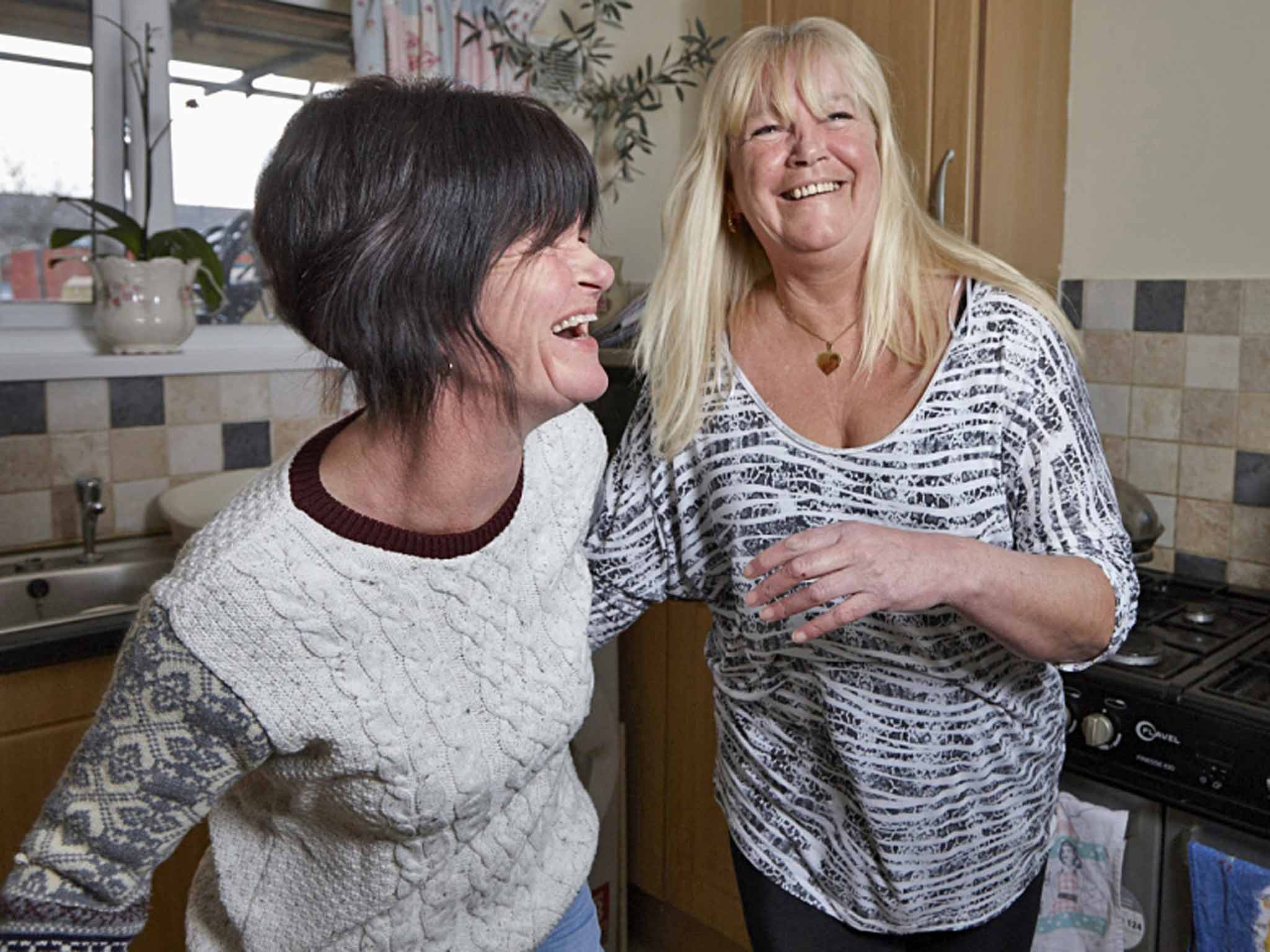Benefits Street, Channel 4 - TV review: Kingston Road residents give their side of the story but it still smacks of poverty porn
The programme provides the press with the necessary fodder to demonise benefit claimants then sits back and enjoys the resultant ratings

Your support helps us to tell the story
From reproductive rights to climate change to Big Tech, The Independent is on the ground when the story is developing. Whether it's investigating the financials of Elon Musk's pro-Trump PAC or producing our latest documentary, 'The A Word', which shines a light on the American women fighting for reproductive rights, we know how important it is to parse out the facts from the messaging.
At such a critical moment in US history, we need reporters on the ground. Your donation allows us to keep sending journalists to speak to both sides of the story.
The Independent is trusted by Americans across the entire political spectrum. And unlike many other quality news outlets, we choose not to lock Americans out of our reporting and analysis with paywalls. We believe quality journalism should be available to everyone, paid for by those who can afford it.
Your support makes all the difference.Last year it caused as much controversy as Top Gear but, unlike that BBC2 show, Benefits Street has returned for another series, apparently unscathed. Some things are different, however. Most obviously, the cameras have left James Turner Street in Birmingham and alighted a few hundred miles north in Kingston Road, Stockton-on-Tees.
Here we met the "big mammas of the street", Julie Young, and her best mate, Sue Griffiths, who have between them 11 kids, no jobs and plenty of community spirit. There was also Maxwell, who supplemented his dole money by selling cannabis and was intensely relaxed about the possible consequences of this appearing on camera. Most piteous was Lee, a single man, who after being made redundant now relies on food banks and the charity of neighbours like Julie to survive. Life is hard on Kingston Road, and the presence of television cameras seem unlikely to make it any less so.
It's useful to remember that the original Benefits Street backlash began with the residents themselves, who complained they'd been misled. This time around, Channel 4 has obviously been careful to get their "stars" firmly onside before broadcast. When a concerned local MP came calling, Julie leapt to the programme-makers' defence: "Benefits Street is actually giving us a voice."
The real villains, this episode wanted to suggest, are the press, who began descending on the neighbourhood in droves once word got out. Maxwell was shown flicking through a local paper's report giggling at the term "poverty porn", while the street's youngsters seemed more up with the trendy lingo. "It's paedophilism," a boy of about nine informed one photographer. "Cos, if you're selling those pictures, it's like porn pictures."
Certainly these scenes of camera crews filming camera crews were much less informative than the residents' own stories. In case you were interested, Julie isn't out of work because she's lazy; she gave up her job to care for a severely disabled son. And "Orange Dot" as she was nicknamed by a moronic Sun article doesn't fritter her benefits on fake tan; she's got darker skin because she's mixed race.
Benefits Street does make space for much-needed context but it still seems disingenuous of the show to declare itself entirely innocent. Lest we forget, this programme provides the press with the necessary fodder to demonise benefit claimants, then sits back and enjoys the resultant ratings.
Join our commenting forum
Join thought-provoking conversations, follow other Independent readers and see their replies
Comments